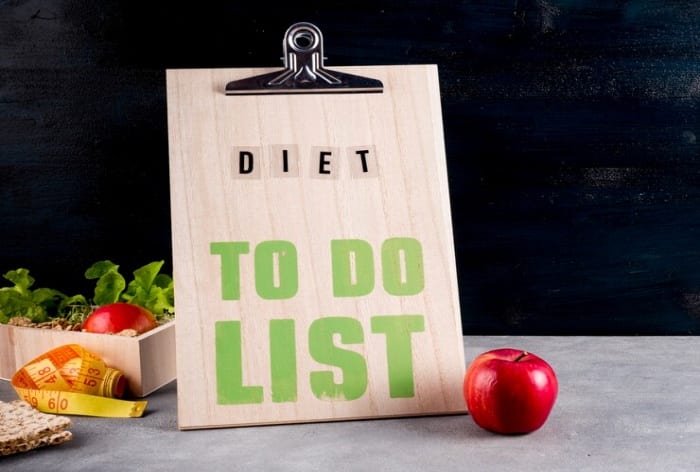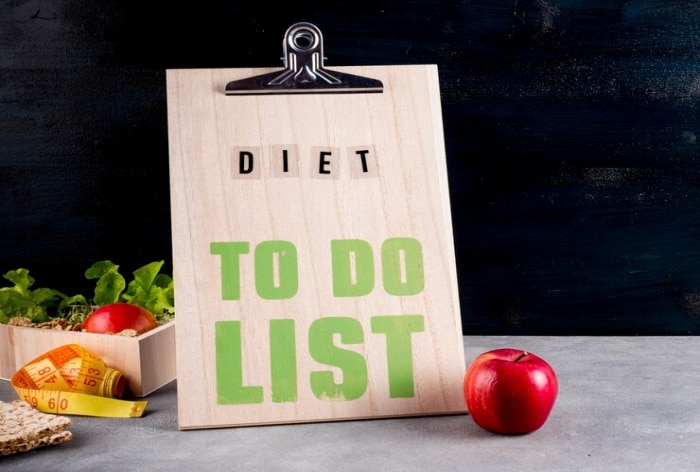ICMR has published a 17 chapter dietary guidelines to combat comorbidities like obesity, diabetes etc.

Diet plays a major role in our everyday lifestyle, probably beyond our comprehension as well. A lot health risks, comorbidities can be essentially managed with simple diet rules. Keeping a check on what we consume, and how much we consume can determine our health. Recently the Indian Council of Medical Research (ICMR) has published a book of 17 dietary guidelines for Indians. It has also presented certain stats about the diseases affecting the population and the growing health concerns.
Estimates show that 56.4 per cent of total disease burden in India is due to unhealthy diets according to ICMR. The National Institute of Nutrition (NIN) under the apex health research body said that healthy diets and physical activity can reduce a substantial proportion of coronary heart disease (CHD) and hypertension (HTN) and prevent up to 80 per cent of type 2 diabetes.
“A significant proportion of premature deaths can be averted by following a healthy lifestyle,” it said, adding that the upsurge in the consumption of highly processed foods laden with sugars and fats, coupled with reduced physical activity and limited access to diverse foods, exacerbate micronutrient deficiencies and overweight issues. “The dietary habits of Indians have undergone significant changes over the past few decades, leading to an increase in the prevalence of non-communicable diseases while some of the problems of undernutrition continue to persist”, said Dr Rajiv Bahl, Director General, ICMR.
ICMR LATEST DIETARY GUIDELINES FOR INDIANS:
- The NIN suggested adopting a healthy lifestyle to prevent obesity and reading information on food labels to make informed and healthy food choices.
- Focus on eating a balanced diet – vegetables and legumes is the right nutrition for pregnant and lactating mothers
- Balanced food for infants, children, and adolescents
- Including nutrient-rich foods for the elderly
- Practises safe eating, and ensure clean food
- Drinking adequate amounts of water.
- It also calls for avoiding protein supplements for building body mass
- Restrict salt intake
- Moderate intake of oil and fats
- Minimising ultra-processed foods, and reading information on food labels to make informed and healthy food choices.
The Dietary Guidelines for Indians (DGIs) has been drafted by a multi-disciplinary committee of experts led by Dr Hemalatha R, Director, ICMR-NIN and has undergone several scientific review. ” The guidelines contain in them scientific evidence-based information that would facilitate the attainment of goals stated in the National Nutrition Policy,” Hemlatha said.
WHY DO WE NEED A HEALTHY DIETARY RULE BOOK?
Referring to the non-communicable diseases, the NIN said that 34 per cent of children between 5-9 years of age suffer from high triglycerides. A balanced diet should provide not more than 45 per cent calories from cereals, and millets and up to 15 per cent of calories from pulses, beans and meat. Rest of the calories should come from nuts, vegetables, fruits and milk, the guidelines said.
Due to the limited availability and high cost of pulses and meat, a significant proportion of the Indian population relies heavily on cereals, resulting in poor intake of essential macronutrients (essential amino acids and essential fatty acids) and micronutrients, the NIN said. Low intake of essential nutrients can disrupt metabolism and increase the risk of insulin resistance and associated disorders from a young age, it said.
Therefore, it is imperative to follow healthy dietary practises to avoid developing any comorbidities.

